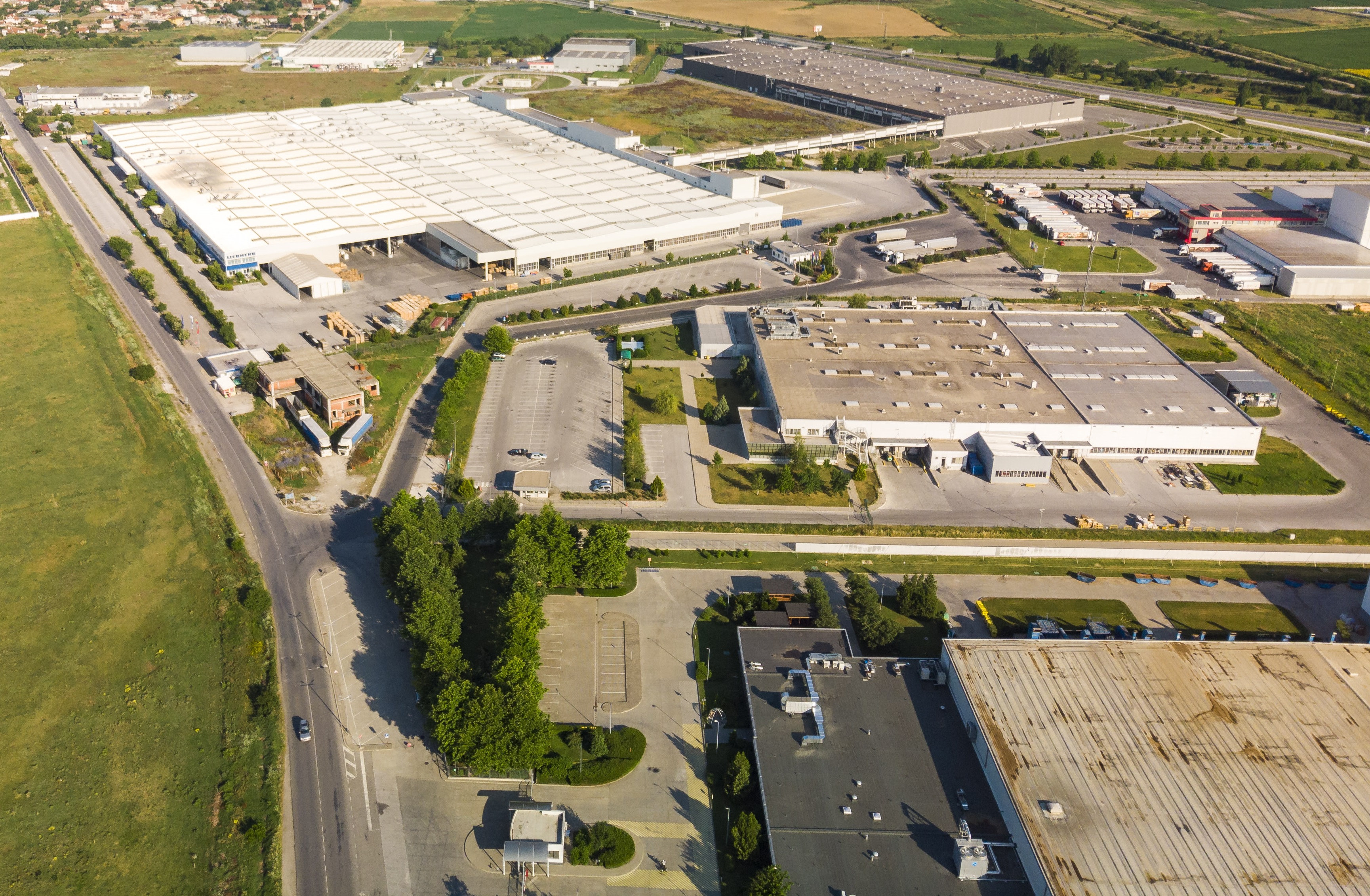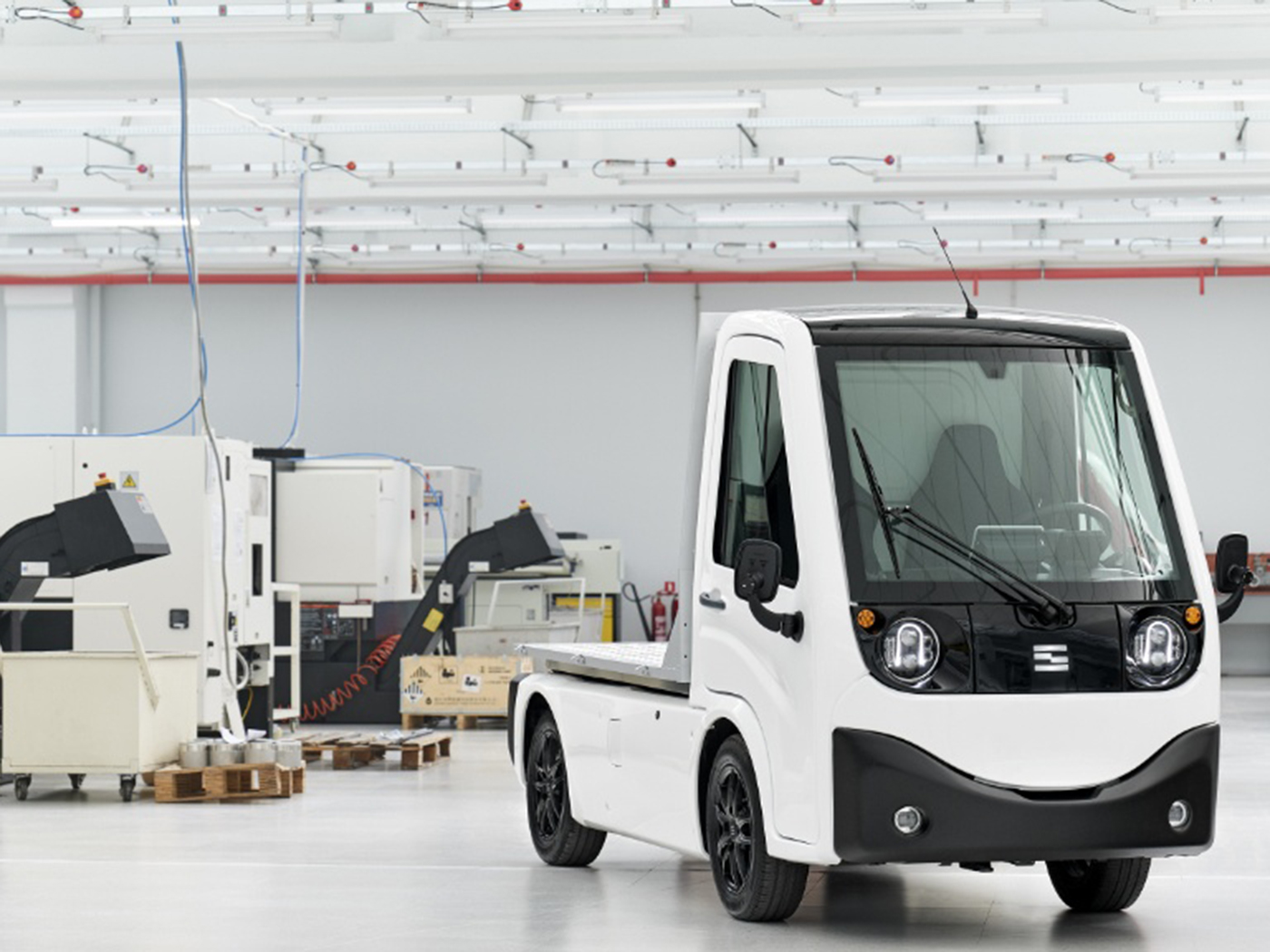Highlights
- AI replaces the operator in the latest development of Sensanta’s Plovdiv based team
- In three years, the plant has halved its electricity and gas consumption with smart consumption management
- Among the new projects is the design and production of high-tech products for e-vehicles
A machine that “sees” possible defects and thus replaces the operator who checks the quality of each product under a microscope. In a sector like automotive sensor manufacturing, where tens of thousands of products roll off the line every day and quality is critical, such a solution is key. It was developed by the Sensata Technologies team in Plovdiv and is one of the dozen development projects that are implemented in the enterprise at any given moment. And the best solutions are also implemented in other worldwide locations of the group.
The company is part of the American Sensata Technologies, which in Bulgaria has production facilities in Botevgrad and Plovdiv, as well as a large R&D center with over 250 design engineers in Sofia. The capital is also home to the group’s largest test laboratory in the world for new products. Business in the country is growing, with the company increasing its revenue by 19% to BGN 573 million in 2021. There are over 4,500 employees, about 800 of them in Plovdiv.

The machine quality control project is one of the company’s latest developments. “A problem in the automotive sector, which is otherwise very highly automated, is that somewhere along the line there are operators who spend 8 hours a day visually assessing quality under a microscope. The process is tiring and requires full concentration. This is a big challenge and one of the areas , which we identified for automation,” says Atanas Stavrev, Manager of engineering processes at the Plovdiv plant.
The solution is to use artificial intelligence, which processes images and, based on machine learning, determines whether the products are of good quality. To achieve this, hundreds of thousands of photos of the products are automatically taken over the course of several months, and artificial intelligence algorithms are trained from the accumulated database of quality and defective images. “We have already integrated machines that replace humans,” Stavrev said and added that this is a fully Bulgarian development, made by the local team and some Bulgarian subcontractors.
What is specific about the company is that it has an in-house mechanization department, so when it receives a task from a customer, in addition to designing the product itself and the process, it also makes the machines that manufacture the product. “In Sofia, we have over 40 mechanical engineers. This allows for much better integration into solutions,” said general manager Yavor Nikolov. That is why the company has registered patents and utility models at every stage of design.
Such an in-house development, for example, is the automated tester that “measures” the feeling of the driver when pressing the control buttons of a motorcycle. “We developed the whole concept, the automation process, the mathematical models to evaluate the feeling quantitatively, and the software. The tester is already working with us,” explained Nikolov.
The traceability system is also an internal development. “This is important because we make sensors that are largely critical, for example in the car’s braking system,” Nikolov said.
Over the past three years, the plant has managed to cut its electricity and gas consumption in half. This is thanks to the building management system (BMS), which allows consumption to be tracked and regulated so that energy is not used unnecessarily when a unit does not need to work. “With proper regulation, we can save huge amounts of energy. Through the data extracted from this system, we have defined many measures to reduce consumption through smarter use of appliances,” explained Nikolov.
The design of a solar park on the roof of the plant is currently underway, which will also be integrated into the BSM. The installation should be ready by mid-2023. The electricity will be used entirely for internal needs, and is expected to cover a significant part of the enterprise’s consumption.
Many robots are used in manufacturing – mostly small, fast and accurate, as well as collaborative robots (that work with a human). However, this does not affect employment. “We automate relatively repetitive and not particularly interesting activities, and this often increases people’s motivation. It cannot be said at all that we are losing jobs, because our business is growing, and in Bulgaria the labor market is shrinking,” explained Nikolov. According to him, workers can easily learn to work with the new machines, and the idea is to be redirected from repetitive activities, where turnover is much higher, to more interesting work. And better paid such. “Our goal is to develop our people internally,” he added.
The company is also working on many new projects, including products for electric cars and trucks. They will be produced and largely designed in Plovdiv. “These are high-tech new products for top customers with a perspective. This is our goal – to make them here because we are good, not because we are cheap,” said Nikolov.

Sensata Technologies is one of the six finalists in the Factory of the Year Awards, organized by Capital in partnership with the Municipality of Plovdiv and Trakia Tech. Shortlisted companies go through an additional interview with the technology consultant Novarto. The final winner will be selected by an independent jury and will be announced at the awards ceremony on December 8.
Source: Capital



